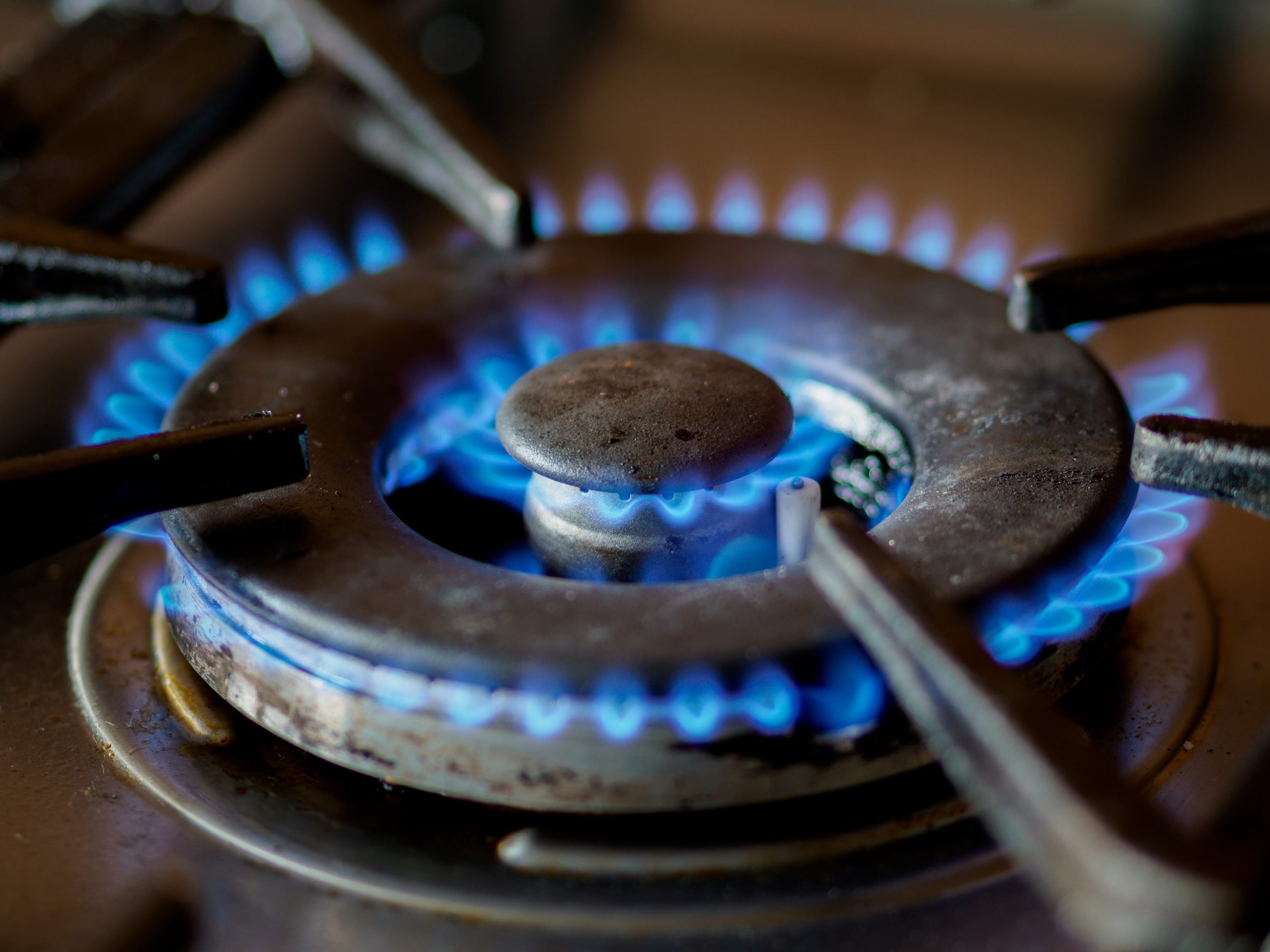Your energy bills are NOT capped

Policy in Practice recently explored how energy bills are calculated and the impact of the energy price cap on different households.
This blog shows the impact of the Energy Price Guarantee on different households. We find that:
- The Energy Price Guarantee does not cap household bills at £2,500
- Large households will pay £3,450; £950 more than the Energy Price Guarantee
- Energy inefficient properties could cost large families up to £8,000 a year
- Prepayment customers face a poverty premium of 2%
An average UK household will have its bills capped at £2,500 from today
The energy price cap as reported is based on an average UK household. This household has 2.4 people and consumes 2,900kWh of electricity and 12,000kWh of gas each year. Based on this level of consumption, household bills will be capped at £2,500.
In reality, the actual amount that people pay can vary significantly. This is based on:
- the size of the home
- how energy efficient the property is
- whether the bill is paid by direct debit or prepaid
- the household’s actual usage of gas and electricity
The Energy Price Guarantee does not cap household bills at £2,500. It limits how much energy companies can charge customers per unit of gas and electricity.
There is a risk that households who believe their energy will be capped at £2,500 leave their heating on, and face unprecedented and unexpected bills.
In order to better target emergency support we need to understand more about how the increase in the energy price cap affects different household types. We look at the impact of the Energy Price Cap, which comes into effect today, on different household sizes, forms of payment and across various EPC ratings.
A large family will pay £3,450; £950 more than the Energy Price Guarantee
| Size of property | Energy Price Guarantee | Saving in October | Saving in January |
|---|---|---|---|
| Flat or one bedroom house (1-2 people) | £1,375 | £577 | £890 |
| Three bedroom house (2-3 people) | £2,500 | £1,049 | £1,618 |
| Five bedroom house (4-5 people) | £3,450 | £1,448 | £2,233 |
The updated cap will save the average UK household £1,049 a year. However, the cap in energy prices will not limit energy bills at £2,500. Larger households will pay more.
People living in homes that are not energy efficient will pay 3 times more than people in energy efficient homes
| EPC rating | Energy Price Guarantee |
|---|---|
| EPC A/B/C | £1,975 |
| EPC D | £2,500 |
| EPC G | £5,988 |
Large families living in energy inefficient homes pay 8 times more than smaller households living in modern properties
Bringing household size and energy efficiency together we see that the £2,500 Energy Price Guarantee leaves small households living in energy efficient homes paying £1,086, and large families in energy inefficient properties paying over £8,000 per year.
Prepayment customers face a poverty premium of 2%
Customers may pay their energy bills through a prepayment meter or have a direct debit set up. It is typically more expensive to prepay for energy.
Generally, households pay more for goods and services when they need to borrow or are considered high risk. Households with prepayment meters pay more for their energy, despite paying in advance.
Based on the current Energy Price Guarantee, customers paying via direct debit pay on average £2,500, £50 a year less than an identical household pays on prepayment meter.
Case studies
When we combine the impacts of property size, energy efficiency and payment method, we find that large households may pay nine times more than single households, and over 230% above the average.
Case study A: A single person household, in an EPC band B property that pays by direct debit will pay around £1,086 a year – 57% less than the average UK household.
Case study B: A large household of six living in an energy inefficient house on a prepayment meter could pay around £8,428 a year. This is nearly eight times as much as the single person household above, and 237% above the average.
What you can do to help households struggling to afford energy bills
Around £19 billion of existing benefits and support is unclaimed by households every year. People can use our free Better Off Calculator to ensure they are claiming all of the support they are eligible for. Households can also contact their energy supplier and local Citizens Advice for help.
Local authorities can use their administrative data to better target support payments and energy efficiency measures. The LIFT analytics platform brings together data on low income households with information on energy efficiency. To learn more about how councils are using this to make a difference to their residents, please register for our upcoming webinar: ‘Forecasting the fight against fuel poverty‘ on the 18th of October at 10:30AM.




